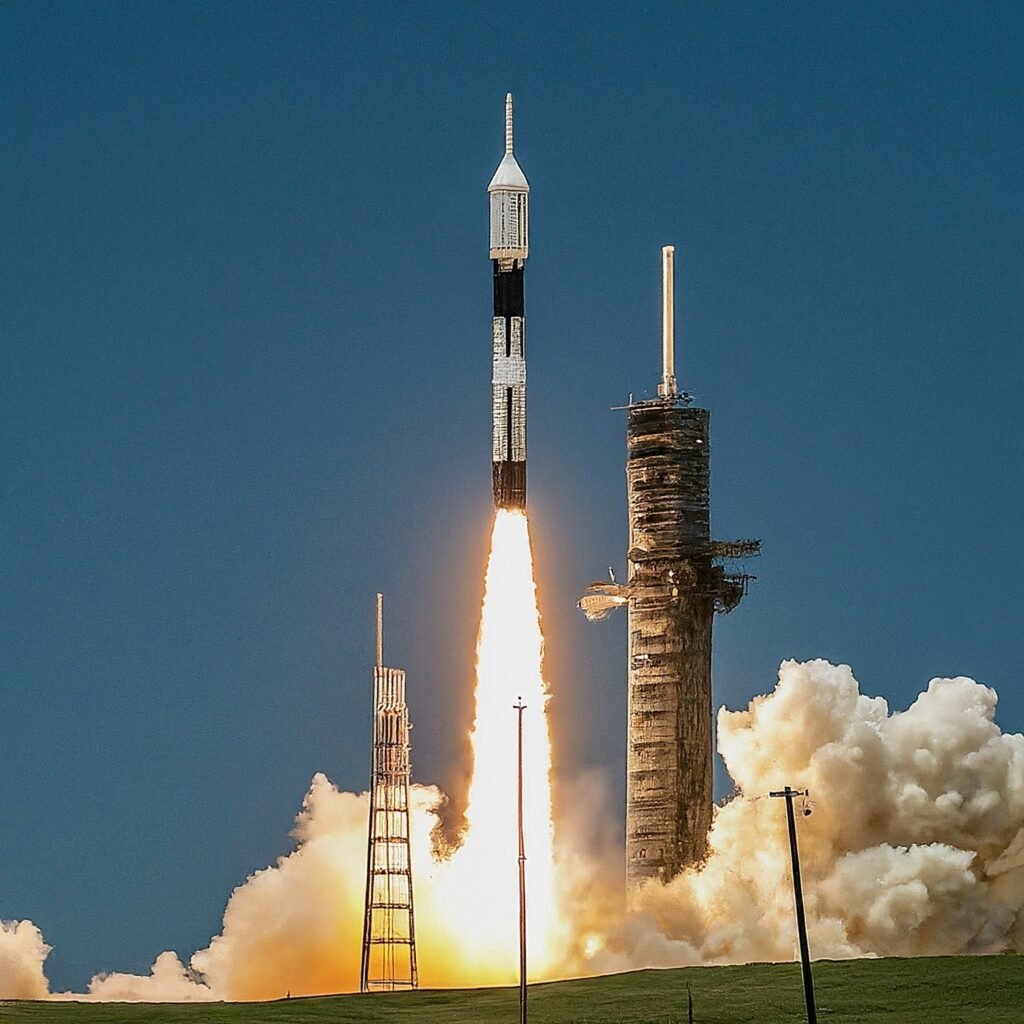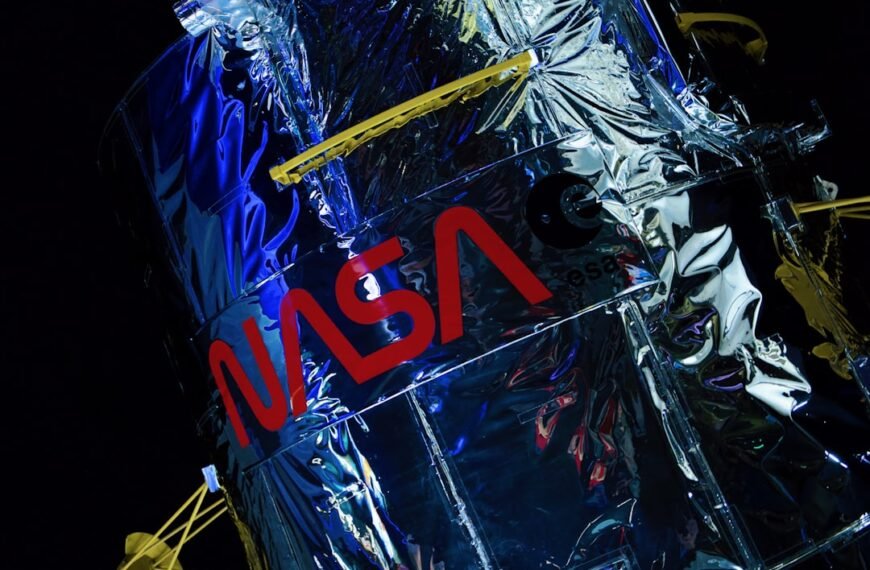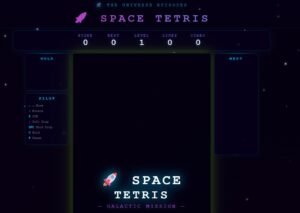Before pursuing a career at NASA, it is crucial to thoroughly research and understand the requirements for the specific position you are interested in. NASA offers a wide range of career opportunities, from engineering and science to administration and communications. Each position has its own set of educational and experience requirements, so it is important to carefully review the job postings to determine if you meet the qualifications.
In addition to educational and experience requirements, it is also important to understand the mission and values of NASNASA’s primary goal is to explore space and conduct scientific research, so individuals interested in working for the agency should have a passion for space exploration and a commitment to advancing scientific knowledge. By thoroughly researching and understanding the requirements for a career at NASA, you can ensure that you are well-prepared to pursue opportunities with the agency.
Key Takeaways
- Research and understand the specific education, experience, and skill requirements for the position you are interested in at NASA.
- Obtain the necessary education and experience through relevant degrees, internships, and work experience in the field of aerospace, engineering, or related disciplines.
- Apply for available positions through the official NASA website or other authorized channels, and tailor your application to highlight your relevant qualifications and experience.
- Prepare for the selection process by practicing interview questions, researching the organization, and familiarizing yourself with NASA’s mission and values.
- Complete any necessary training or certifications required for the position, and stay updated on the latest developments in the field of aerospace and space exploration.
- Embrace the NASA culture by demonstrating a strong work ethic, teamwork, innovation, and a commitment to excellence in all aspects of your work.
- Pursue advancement opportunities within NASA by seeking out additional responsibilities, further education, and professional development to grow your career within the organization.
Obtain the Necessary Education and Experience
Once you have a clear understanding of the requirements for the position you are interested in, it is important to obtain the necessary education and experience. Many positions at NASA require a bachelor’s degree or higher in a relevant field, such as engineering, physics, computer science, or mathematics. In addition to a strong educational background, relevant work experience is often required for positions at NASThis may include internships, co-op programs, or previous work in a related field.
In addition to formal education and work experience, it can also be beneficial to participate in extracurricular activities related to space exploration and scientific research. This could include joining a student organization focused on aerospace engineering, participating in research projects related to space exploration, or attending conferences and workshops related to NASA’s mission. By obtaining the necessary education and experience, you can position yourself as a strong candidate for a career at NASA.
Apply for Available Positions
Once you have obtained the necessary education and experience, it is time to start applying for available positions at NASJob openings are typically posted on NASA’s official website, as well as on other job search websites. When applying for a position at NASA, it is important to carefully review the job posting and follow the application instructions closely. This may include submitting a resume, cover letter, and any additional materials requested by the hiring team.
In addition to applying for specific job openings, it can also be beneficial to network with current employees at NASAttending career fairs, industry events, and professional conferences can provide valuable opportunities to connect with individuals who work at NASA and learn more about potential job openings. Building a strong network within the industry can increase your chances of learning about available positions and securing interviews with the agency.
Prepare for the Selection Process
After submitting your application for a position at NASA, it is important to prepare for the selection process. This may include participating in phone interviews, video interviews, or in-person interviews with members of the hiring team. It is important to thoroughly research NASA’s mission, values, and current projects in preparation for these interviews. Additionally, practicing common interview questions and preparing examples of your relevant experience can help you feel confident and prepared during the selection process.
In addition to interviews, some positions at NASA may require candidates to complete technical assessments or skills tests. It is important to review any materials provided by the hiring team and prepare accordingly for these assessments. By taking the time to thoroughly prepare for the selection process, you can demonstrate your enthusiasm for working at NASA and increase your chances of securing a position with the agency.
Complete the Necessary Training
Once you have been selected for a position at NASA, it is important to complete any necessary training required for your role. This may include orientation sessions, safety training, technical skills training, or other onboarding activities. It is important to approach training with a positive attitude and a willingness to learn. By completing the necessary training, you can ensure that you are well-prepared to contribute to NASA’s mission and goals.
In addition to formal training programs, it can also be beneficial to seek out mentorship opportunities within NASConnecting with experienced employees who can provide guidance and support as you acclimate to your new role can be invaluable. By actively seeking out mentorship opportunities, you can gain valuable insights into the culture and expectations at NASA and position yourself for long-term success with the agency.
Embrace the NASA Culture
As you begin your career at NASA, it is important to embrace the agency’s unique culture and values. NASA is known for its commitment to innovation, collaboration, and excellence in scientific research. By embracing these values and contributing positively to the work environment, you can become an integral part of the NASA team.
In addition to embracing the culture at NASA, it is also important to seek out opportunities for professional development and growth. This may include participating in training programs, pursuing advanced degrees or certifications, or taking on new challenges within your role. By demonstrating a commitment to continuous learning and improvement, you can position yourself for long-term success at NASA.
Pursue Advancement Opportunities

As you gain experience and expertise in your role at NASA, it is important to pursue advancement opportunities within the agency. This may include seeking out leadership roles, taking on additional responsibilities, or contributing to high-impact projects. By demonstrating your dedication and commitment to NASA’s mission, you can position yourself for advancement within the agency.
In addition to seeking out advancement opportunities within your current role, it can also be beneficial to explore opportunities for lateral movement within NASThis may involve transitioning to a different department or team within the agency in order to gain new skills and experiences. By remaining open to new opportunities and actively seeking out ways to grow within NASA, you can continue to advance your career and make meaningful contributions to the agency’s mission.
In conclusion, pursuing a career at NASA requires careful research, dedication to obtaining the necessary education and experience, proactive networking and job application efforts, thorough preparation for the selection process, completion of necessary training, embracing the unique culture at NASA, and actively pursuing advancement opportunities within the agency. By following these steps and demonstrating a commitment to NASA’s mission and values, individuals can position themselves for successful careers at one of the world’s leading space exploration organizations.
If you’re interested in space exploration and the mysteries of the universe, you might also enjoy reading about the fascinating topic of “How long does Mars take to orbit the sun?” in a recent article on The Universe Episodes. Understanding the orbital dynamics of celestial bodies like Mars is crucial for anyone aspiring to join NASA and contribute to space exploration. Check out the article here to delve deeper into this captivating subject.
























